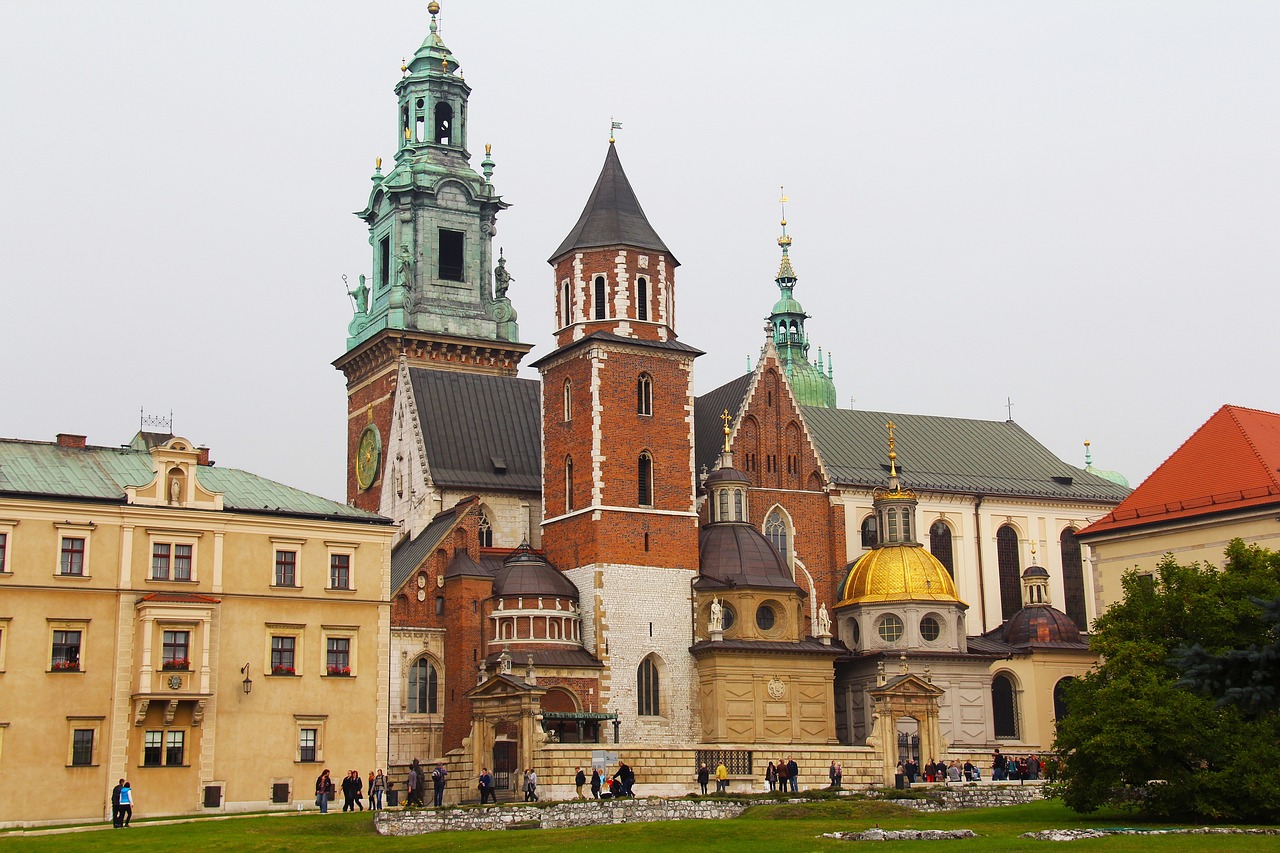Polish citizens observe around 13 public (bank) holidays throughout the year. On these religious, historical and cultural celebrations, most offices, schools, shops and businesses are closed. In this post, we provide more information about each holiday, including trade-free Sundays.
New Year’s Day (Nowy Rok) – January 1st
Poland welcomes the New Year with celebrations, parties, and fireworks. Many people gather in the city centres to countdown to midnight and watch impressive firework displays. It’s a time for socialising and looking forward to the year ahead.
Three Kings’ Day (Święto Trzech Króli) – January 6th
Also known as the Epiphany, Three Kings’ Day marks the end of the Christmas season. In Poland, children traditionally dress up as the Three Wise Men and go from house to house, singing carols and collecting donations for charity. The day is also an occasion for religious processions and church services.
Easter (Wielkanoc)
Easter is one of the most significant holidays in Poland. Holy Saturday sees the blessing of Easter baskets filled with special foods like eggs, ham, and bread. On Easter Sunday, families gather for a meal, which often includes lamb and other festive dishes.
Labor Day (Święto Pracy) – May 1st
May 1st is a day dedicated to honouring workers and their contributions. While it is a public holiday, it’s also a day for various workers’ unions and organisations to hold rallies and demonstrations advocating for workers’ rights.
Constitution Day (Święto Konstytucji 3 Maja) – May 3rd
Constitution Day commemorates the Polish Constitution of May 3, 1791, one of the first constitutions in the world. It’s celebrated with parades, patriotic speeches and cultural events.
Corpus Christi (Boże Ciało)
Corpus Christi is a significant religious holiday in Poland, celebrated on the Thursday following Trinity Sunday. The highlight of the day is the “procession of the Blessed Sacrament” through the streets, often decorated with flower petals and colourful rugs.
Assumption of Mary (Wniebowzięcie Najświętszej Maryi Panny) – August 15th
This religious holiday celebrates the Catholic doctrine of the Assumption of the Virgin Mary into heaven. It is a day when many citizens attend church services and processions, as well as spend time with family.
All Saints’ Day (Wszystkich Świętych) – November 1st
All Saints’ Day is a day to honour and remember the deceased. Families visit cemeteries to light candles and place flowers on graves. It is a solemn and reflective holiday.
Independence Day (Święto Niepodległości) – November 11th
Independence Day commemorates the restoration of Poland’s independence in 1918 after years of partition and foreign rule. It is celebrated with parades, patriotic events and the display of the national flag.
Trade-free Sundays
Expats, digital nomads and other foreign visitors should also be aware that there is a trade ban on most Sundays of the year, following a regulation that came into force in 2018. The ban doesn’t apply to restaurants, cafés, cinemas, petrol stations, pharmacies or small shops where the owner stands behind the counter and serves their own customers. The Sundays on which all shops are allowed to open are known as ‘niedziele handlowe’ (trading Sundays). They can be tracked on this site, for example.


